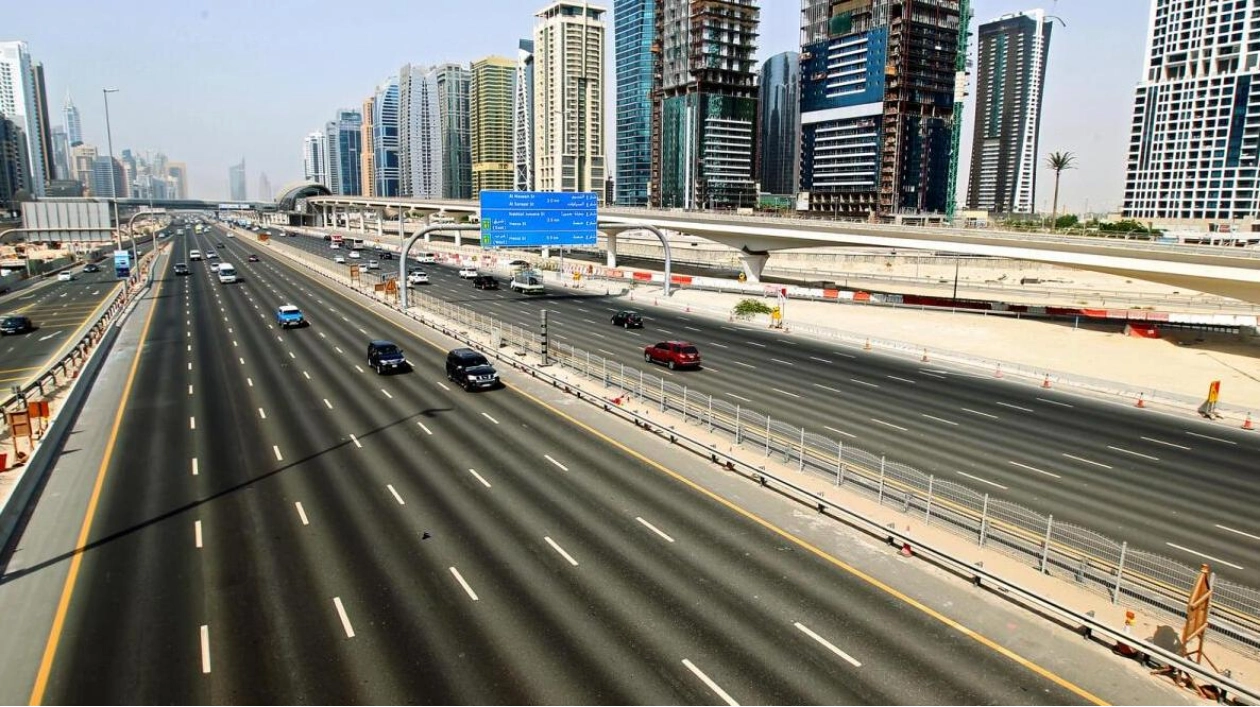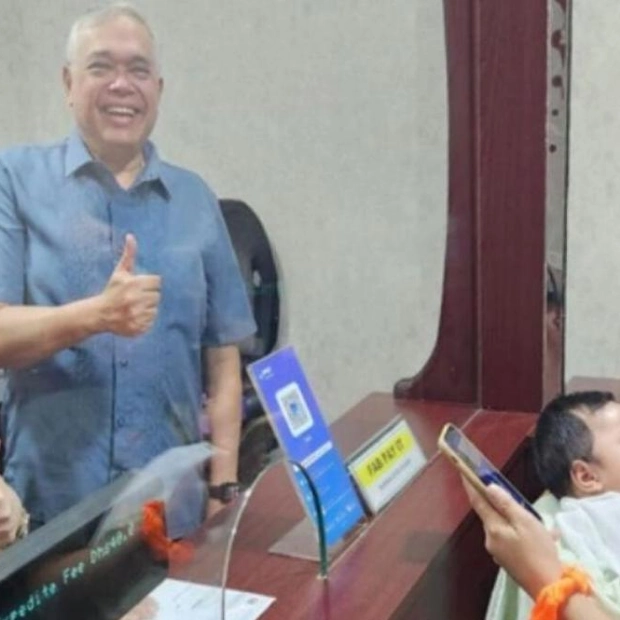School runs undeniably contribute to urban traffic congestion. With schools now closed and many residents abroad for summer holidays, motorists experience shorter commute times. Insights can be gained from this to understand traffic flow changes during school days and holidays. Khaleej Times consulted urban planners and transportation experts who offered practical solutions and proposed measures to ensure residents enjoy reduced traffic not only during summer.
Dr. Monica Menendez, Associate Dean of Engineering for Graduate Affairs at New York University Abu Dhabi (NYUAD), observed: "Traffic patterns that mirror school schedules are common worldwide. Traffic tends to worsen when school is in session compared to when it's off and children are on vacation. This is also evident on weekends when most people do not commute to work." She added, "In the UAE, the positive impact of school holidays is more pronounced during summer, as many people leave the country. Consequently, congestion decreases significantly, travel times drop, and navigating typically congested city areas becomes easier." However, maintaining these low traffic levels year-round is challenging once residents return and schools reopen, especially since school start times are similar, leading to simultaneous commutes.
Dr. Menendez suggested exploring flexible working hours and remote work arrangements to mitigate congestion. She emphasized that promoting such flexibility could distribute traffic peaks more evenly, making better use of available road capacity throughout the day. The Roads and Transport Authority in Dubai is currently surveying the potential impact of these arrangements.
Another proposed solution by Dr. Menendez, Director at the Research Centre for Interacting Urban Networks, involves using big data for traffic management. She noted that with the vast amount of data generated by various devices, predicting traffic has become more accurate. Her studies have shown that urban mobility patterns are quite consistent and could aid transportation authorities in proactively managing traffic and reducing congestion likelihood.
Emirati traffic safety researcher Dr. Mostafa Al Dah highlighted the use of AI and predictive tools to address traffic issues. He suggested profiling individuals who typically leave the country during summer and comparing this data with high-traffic periods to create a predictive model. This data could then be used to develop innovative traffic mitigation strategies, such as offering incentives to reduce road usage during peak times.
Al Dah also proposed enhancing pedestrian-friendly infrastructure and promoting safety education to encourage active commuting or public transport use. Home-schooling was another suggestion, arguing that it's inefficient for students to spend hours daily commuting. Adjusting daily routines, such as flexible work and school times, could also alleviate congestion.
Urban planner and architect Aileen Llagas noted that while reducing traffic congestion may seem daunting, there are strategies to manage and reduce its severity. She advocated for innovations and smart technologies to address traffic challenges, emphasizing the need for effective programs and public awareness campaigns to improve transportation efficiency even during peak hours.






